Tapping Screw
Types of the Tapping/Drilling Screw
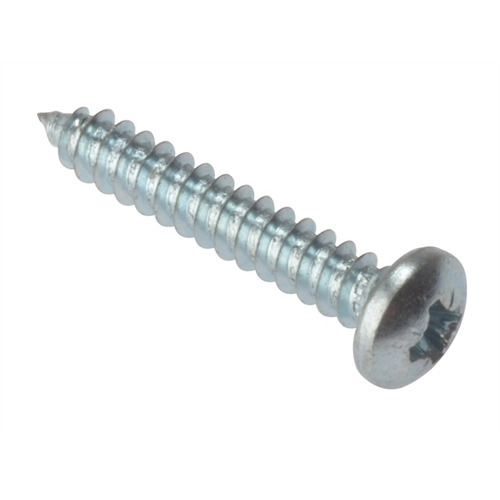
Pozi Drive
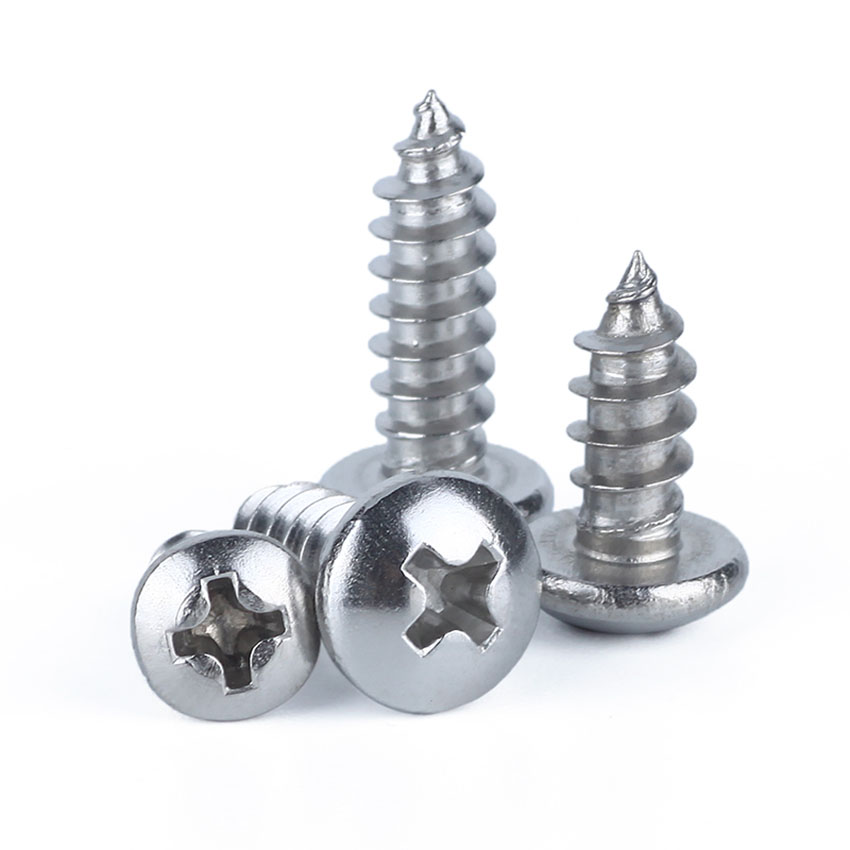
Phillips Drive
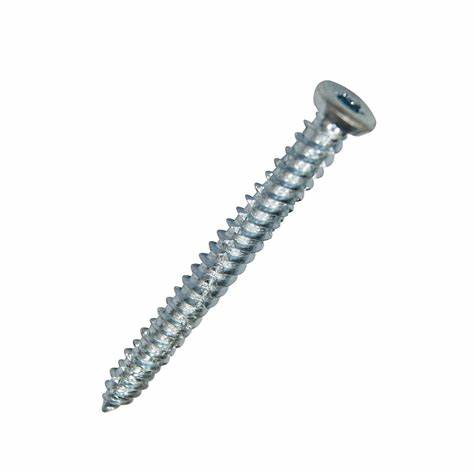
Concrete Screw

Cutting Tail
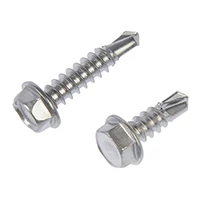
Hex Washer Head
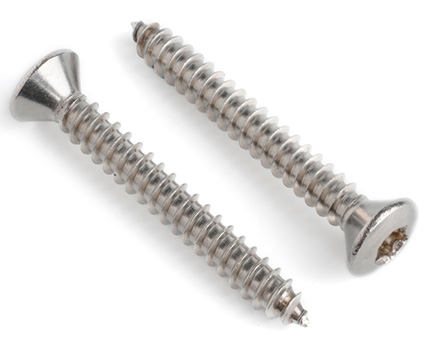
Oval Head
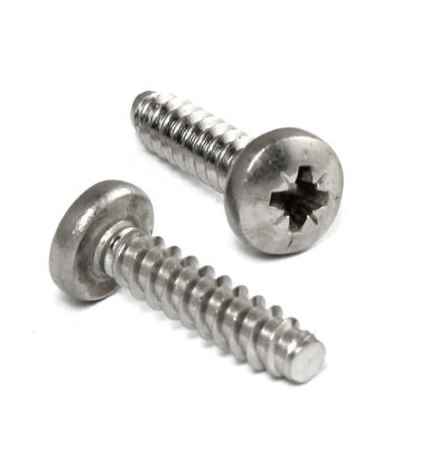
Type B
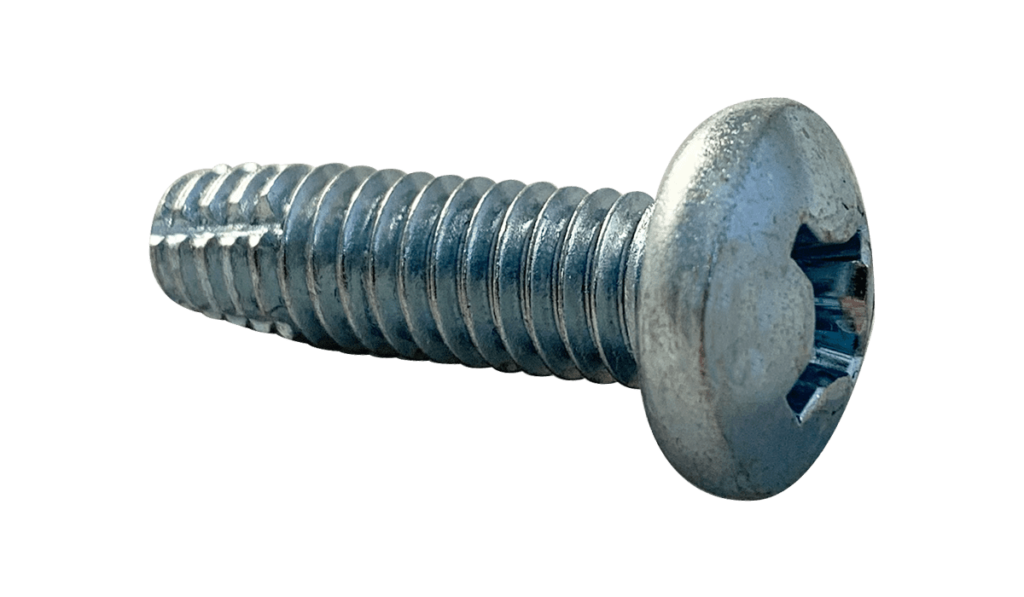
Type F
REQUEST A QUOTE FOR MORE DETAILS
The Guide To Tapping Screw
Guide 1
What are the Tapping Screw?
The term used for a threaded fastener, with or without a head(headless – as in set screw) so designed as to permit it to be properly assembled in a pre-formed internal threaded hole (or capable of forming its own thread) and secured by means of tightening the head.
Guide 2
Parts Name of the Tapping Screw
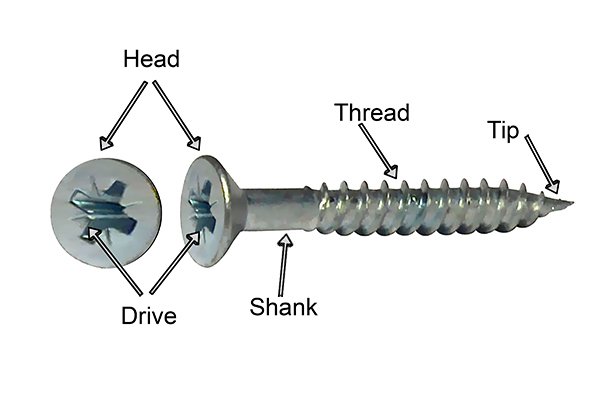
Head: The head of the screw is performed on the top to provide a bearing surface.
Drive: The screw drive is a set of shaped cavities and protrusions on the screw head that allows torque to be applied to it. Usually, it also involves a mating tool, such as a screwdriver, that is used to turn it.
Shank: The shank of is the smooth part of the screw which lies below the head and above the threads.
Thread: A thread is a triangle profile of a uniform section in the form of a helix in the external or internal surface of a cylinder. This is known as a straight or parallel thread to distinguish it from a taper thread, which is formed on a cone or frustum.
Tip: Screws have a sharp and pointed tip that’s able to bore a hole into surfaces. The tip is usually narrower than the rest of the screw. This allows it to penetrate otherwise hard materials.
Guide 3
Tapping Screw Material
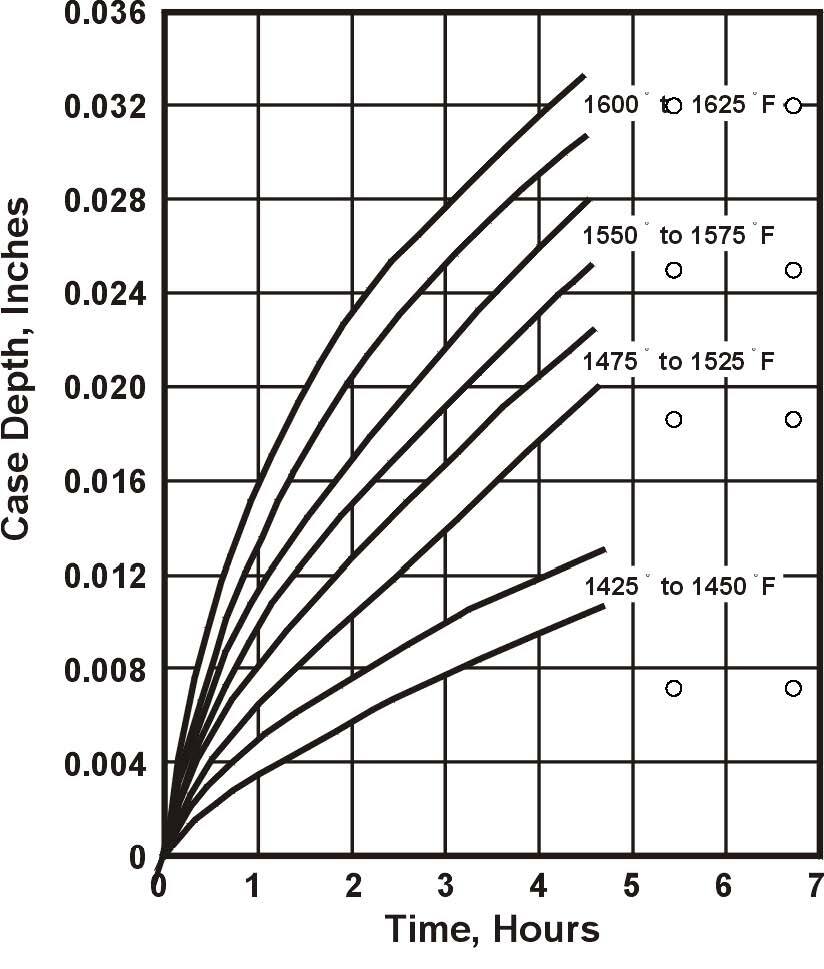
Tapping screws are fabricated from low carbon steel, case hardened to meet the performance requirements set forth in these specifications. At the option of the manufacturer, the steel shall be killed or capped but not rimmed.
Screws shall have a core hardness of Rockwell C28-C38. Hardness shall not exceed the maximum shown and preferably should be no higher than Rockwell C36 to ensure against failure in assembly and service.
Screws shall have a minimum case hardness of Rockwell C45.
Low Carbon Steel: Low Carbon Steel generally contains less than 0.25% carbon. It has outstanding ductility and toughness, is easily machined and welded, and is relatively inexpensive to produce. It has a tensile strength of between 60,000 psi to 80,000 psi. (410 Mpa to 550 Mpa).
SAE Grade 2 (Metric class 4.6, 4.8 & 5.8) fasteners are generally made out of low carbon steel with AISI grades 1006, 1010, 1016, 1018, 1022 & 1035 falling into this category.
Core Hardness: Core hardness refers to the hardness of the material throughout the inside of the part.
Case Hardness: Case hardening is a technique in which a metal surface is reinforced by the adding of a thin layer of another metal alloy that is more durable, increasing the object’s life.
Guide 4
Designation of the Tapping Screw
INCH FASTENERS
Tapping Screw shall be designated by the following data in the sequence shown:
(1) product name, including head type, driving provision, and designation of standard
(2) nominal size (number, fraction, or decimal equivalent)
(3) threads per inch
(4) nominal length (fraction or decimal equivalent)
(5) point type
(6) material
(7) protective finish, if required
See the following examples:
EXAMPLES:
(1) Slotted pan head tapping screw, ASME B18.6.3, 1/4″-14×1-1/4″, Type AB, steel plated zinc per ASTM F1941 Fe/ Zn 3A.
METRIC FASTENERS
Tapping Screw shall be designated by the following data in the sequence shown:
(1) product name, including head type, driving provision, and designation of standard
(2) nominal size
(3) pitch
(4) nominal length
(5) point type
(6) material
(7) protective finish, if required
See the following examples:
EXAMPLES:
(1) Tapping screw ISO 1479 – ST 3.5 X16 – Type C – ZP per ISO 4042 A2F
Guide 5
Inspection of Tapping Screw
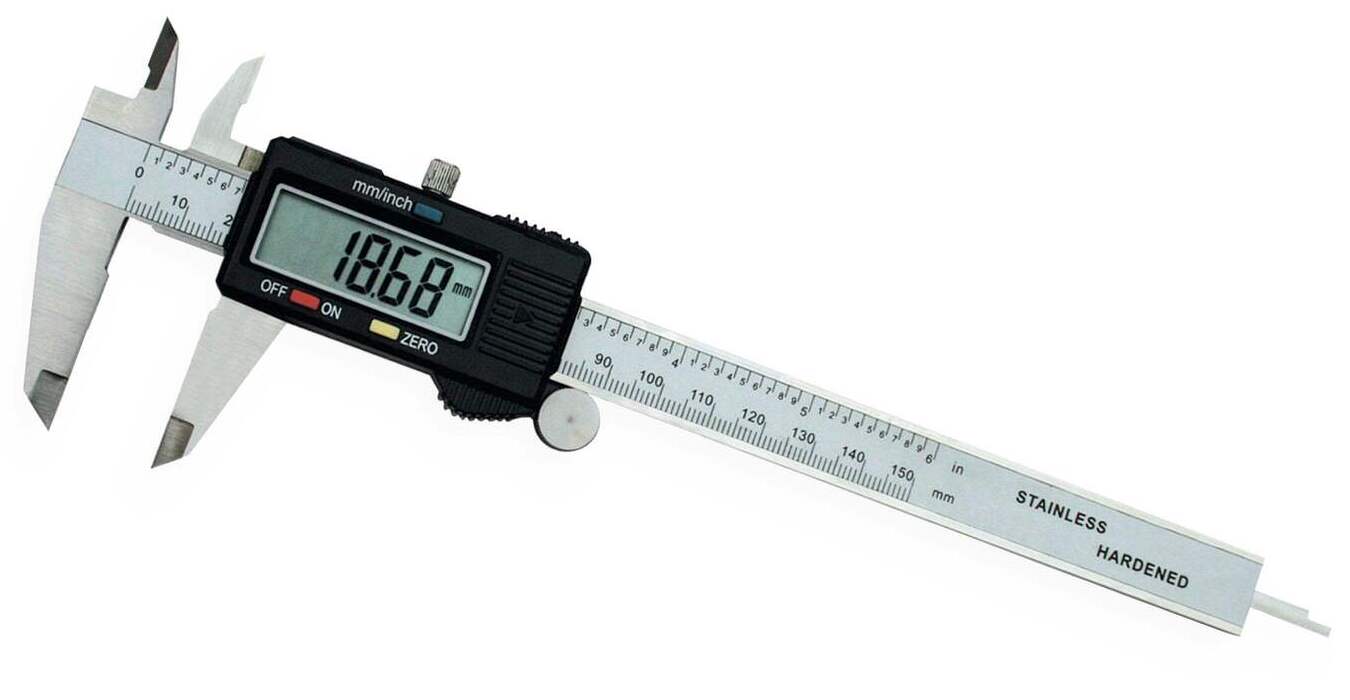
Vernier Caliper
Will use vernier calipers to measure the basic dimensions of Tapping Screw, like head diameter/height, length and so on
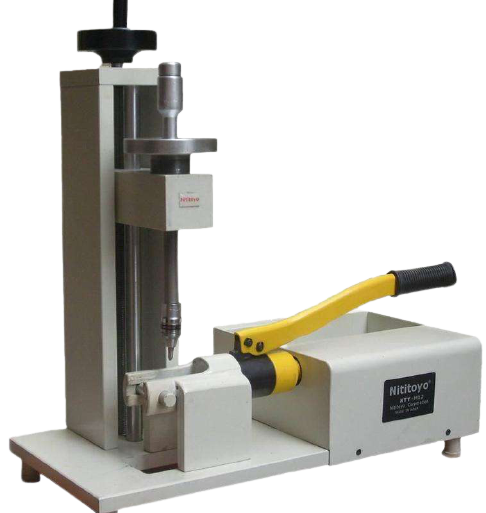
Torque Testing Machine
Will use torque testing machine measure the torsional strength of metric/inch screws(N·m, ft·lb).

Depth Gauge
Will use depth gauge to measure the depth of screw slot, such as hexalobular slot, cross recess, and other slots.
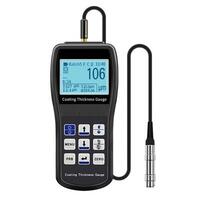
Coating Thickness Gauge
Will use coating thickness gauge to measuere the thickness of the coating layer, such as ZP.
Guide 6
Packaging of Tapping Screw
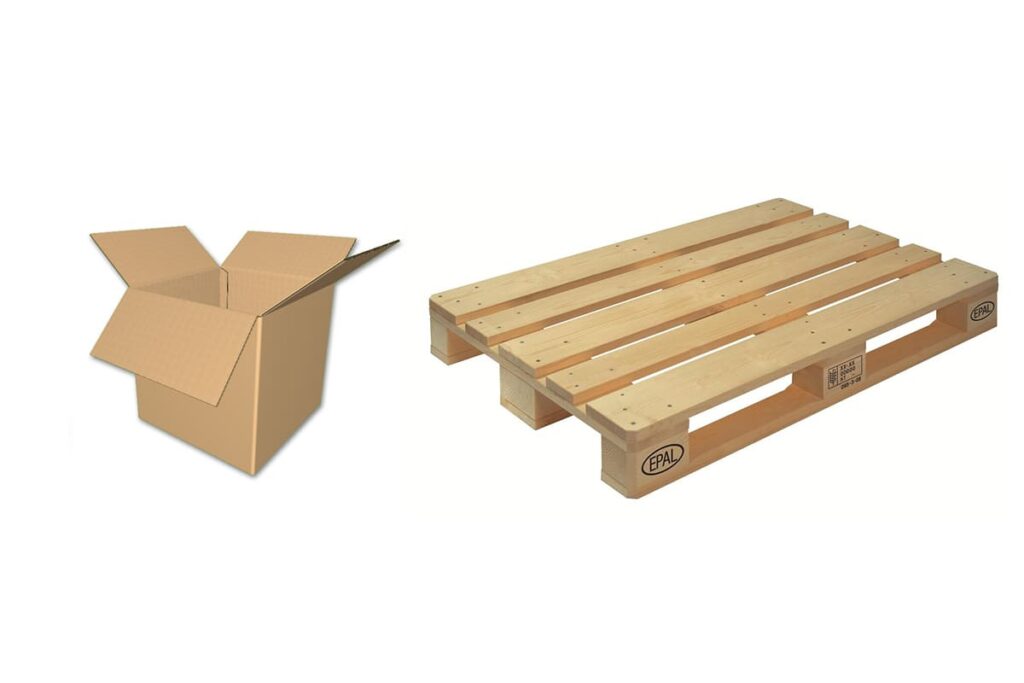
Usual Packaging
Label: black text on white, no pattern and barcode
Carton: standard double corrugated neutral carton, bulking packing, maximum load bearing: 25kg per carton
Pallet: Europe Fumigation Pallet, 36 cartons per pallets, Width 800mm x Length 1200mm
Guide 7
Production Time of Tapping Screw
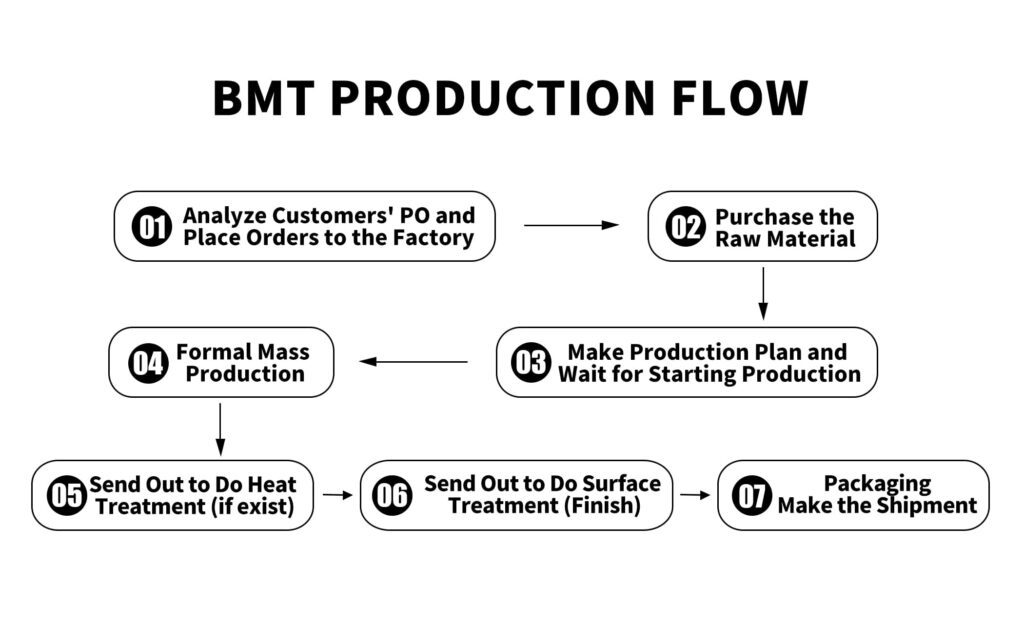
Flow 01: Need 3 Days – Analyze Customers’ PO and Place Orders to the Factory
Flow 02: Need 10 Days – Purchase the Raw Material
Flow 03: Need 15 Days – Make Production Plan and Wait for Starting Production
Flow 04: Need 15 Days – Formal Mass Production
Flow 05: Need 7 Days – Send Out to Do Heat Treatment (if exist)
Flow 06: Need 7 Days – Send Out to Do Surface Treatment (Finish)
Flow 07: Need 7 Days – Packaging, Make the Shipment
Total Time: 60 Days to 70 Days
Guide 8
Inquiry Required Content
Let us know who you are, and we can contact you in time.
We will give you a more reasonable price.
Let us know your needed product well.
Let us know if the products need to do the heat treatment.
Zinc Electoplated or Hot Dip Galvanized Coating or Zinc Flake Coating…
Our MOQ is about 1 pallet (900KGS) per size.
If it is a customized package, we will send the carton/label to you by courier for confirmation before packaging.
We will make a more suitable production plan for you.
FOB (We usually quote based on FOB ), CIF, FCA
This information is important before mass production. We will adjust the production plan according to your requirement.
